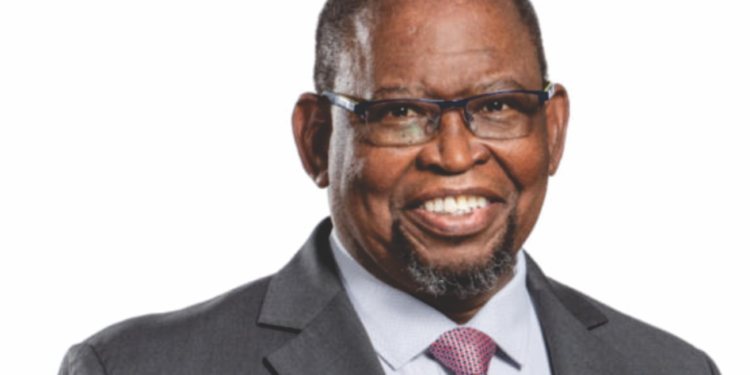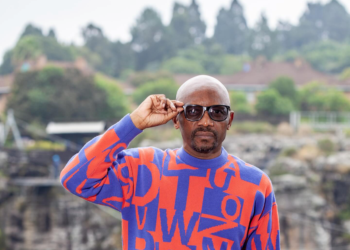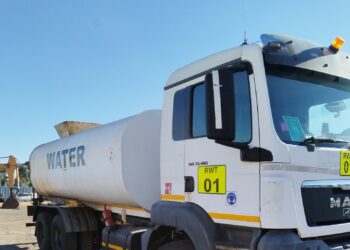SOUTH AFRICA – Finance Minister Enoch Godongwana has tabled the 2025 Budget, outlining measures to stabilise the economy, fund critical services, and address structural challenges. A key announcement was the VAT increase, expected to generate revenue while sustaining investments in infrastructure, social security, and economic growth.
The VAT rate will increase by 0.5% in 2025/26 and another 0.5% in 2026/27, reaching 16%. Acknowledging concerns, Godongwana said, “No Minister of Finance is ever happy to increase taxes, but deferring these costs would compromise the government’s ability to meet its constitutional obligations.” To cushion vulnerable households, the basket of VAT zero-rated food items will be expanded.
The government is also prioritising structural reforms and infrastructure investment, with R1 trillion allocated over three years. R402 billion will go towards transport and logistics, R219.2 billion to energy, and R156.3 billion to water and sanitation. Operation Vulindlela will continue tackling challenges in energy supply, freight logistics, and digital infrastructure.
In response to Eskom’s financial struggles, the government will simplify the final phase of its debt relief plan, replacing the last R70 billion debt takeover with R40 billion in 2025/26 and R10 billion in 2028/29, saving R20 billion. However, Transnet, facing operational challenges, did not receive a bailout, with the Minister stressing the need for financial discipline and private sector participation.
To support millions of South Africans on social grants, R284.7 billion has been allocated. Old age and disability grants will increase by R130 to R2 315, while the child support grant rises by R30 to R560. The COVID-19 Social Relief of Distress (SRD) grant has been extended until March 2026. Meanwhile, sin taxes on alcohol and tobacco have increased by 4.7% to 8.2%.
The public sector wage bill will increase by R7.3 billion in 2025/26, growing annually over the medium term. Despite this, the government remains committed to stabilising debt, which is projected to peak at 76.2% of GDP in 2025/26. “We must reverse this trend and ensure that debt service costs do not divert funds from essential services,” Godongwana said.
The health budget will rise from R277 billion to R329 billion by 2027/28, with R28.9 billion allocated to retain 9 300 healthcare workers and hire 800 post-community service doctors, addressing the crisis of unemployed qualified doctors.
Despite the adjustment from the initially proposed 2% VAT hike, the Democratic Alliance (DA) opposes the increase, arguing it disproportionately affects consumers and may hinder economic growth. The Economic Freedom Fighters (EFF) also rejected the budget, calling it “right-wing neoliberal” and claiming the VAT hike would burden low- and middle-income households.
The next parliamentary steps include debate and voting, followed by submission to the National Council of Provinces (NCOP). Once approved, it will require presidential assent before implementation. With coalition disagreements, it is expected that the budget may face further revisions before final approval.
























